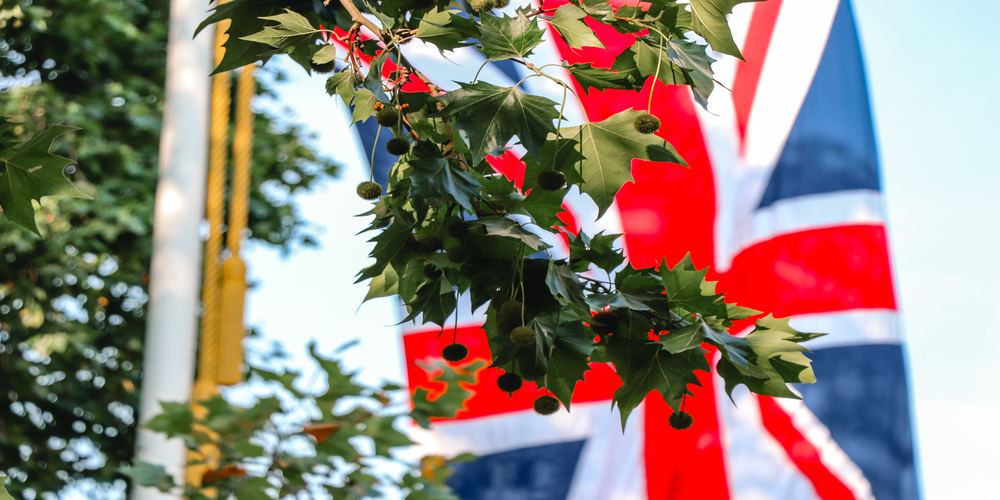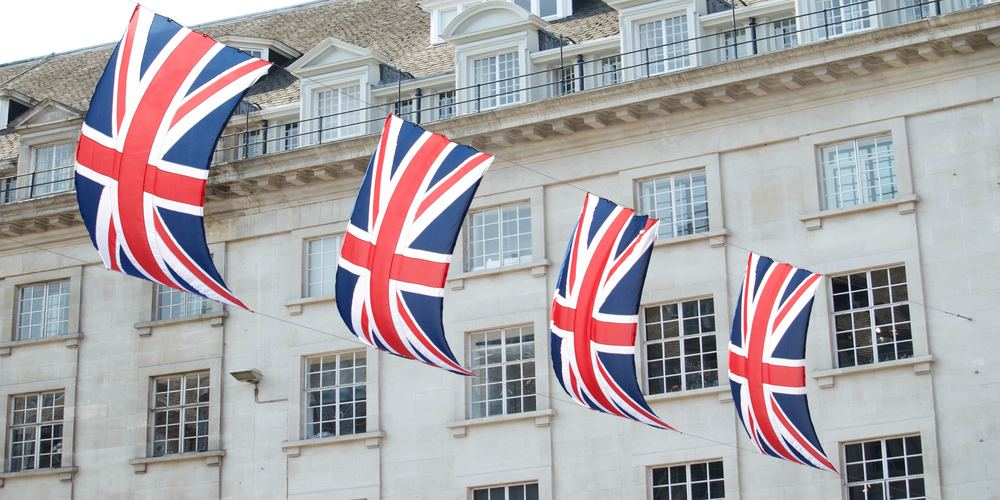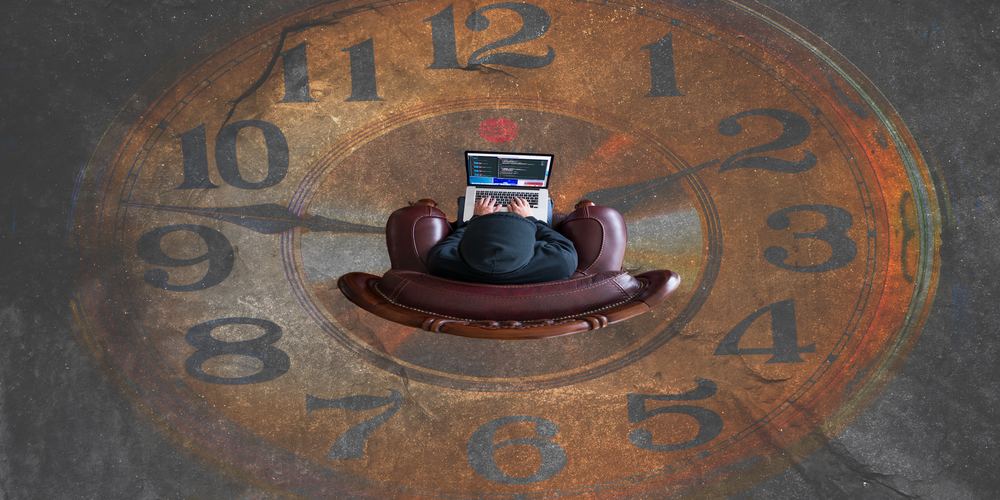The history of the English language really started with the arrival of three Germanic tribes who invaded Britain during the 5th century AD. These tribes, the Angles, the Saxons and the Jutes, crossed the North Sea from what today is Denmark and northern Germany. At that time the inhabitants of Britain spoke a Celtic language.…
Más informaciónIn active sentences, if you use the verb be, you have to use the verb + ING She is dancing now.They will be traveling tonight at 11.I was cleaning when I arrived. —————————– In passive sentences, you must use the verb be, and the past participle form of the verb. The table was cleaned by…
Más informaciónWhat is a connector? We use them to express relationships between ideas and to combine sentences. TIME *WHEN *AFTER *BEFORE *UNTIL *SINCE *WHILE *ONCE *AS SOON AS *AS EXAMPLES: *WE CANNOT PLAY LOUD MUSIC AFTER MIDNIGHT *PLEASE TURN OFF THE LIGHT BEFORE YOU LEAVE *SHE WAS A DANCER WHEN SHE WAS YOUNGER CONTRAST/CONCESSION *BUT *YET…
Más informaciónExisten muchas palabras que pueden tener varios significados y posiblemente te preguntes, cuál es la forma de identificar su significado. La respuesta es que dependerá del contexto de la misma. Sin embargo, aquí te mostramos algunos ejemplos de palabras que funcionan como sustantivos y verbos. Water Sustantivo: Agua Verbo: Regar Book Sustantivo: Libro Verbo: Reservar…
Más informaciónSEE You see naturally, without thinking about it Can you see that sign? I see a man walking down the street LOOK You look to focus and concentrate on something. Look! A storm is coming! I love this painting. I can look at it all day WATCH You watch something in action or moving Are…
Más informaciónPiensa en alguien de otro país tratando de expresarse en español. Por lo general, a causa de su acento, se sabe de dónde viene una persona. A menudo, es posible identificar rápido a aquellas personas cuyo idioma materno es el inglés por su forma de hablar. A veces se oyen un poco extraños o incluso…
Más informaciónIt’s believed that the English language is made up of more words than any other language in the world. While impressive, it’s not hard to believe when you look at the number of adjectives we have and the number of synonyms we have for each word. We English speakers like to describe our situation and…
Más informaciónThe history of the English language started with the arrival of three Germanic tribes that invaded Britain during the 5th century AD. The Angles, the Saxons and the Jutes, crossed the North Sea from what today is Denmark and northern Germany. At that time the inhabitants of Britain spoke a Celtic language. But most of…
Más informaciónSi nos referimos al tiempo, utilizamos ‘in’ cuando nos referirnos a un tiempo no específico; del día, del mes, una estación o un año. Aquí hay algunos ejemplos: “I always brush my teeth in the morning.” “My birthday is in June.” “It’s always cold in winter.” “My brother was born in 1999.” Cuando hablamos de lugares, la…
Más informaciónWe use them when we are speaking casually. It is important to do not forget that this is informal and we should not use them in correct speech and obviously not in writing.
Más información









